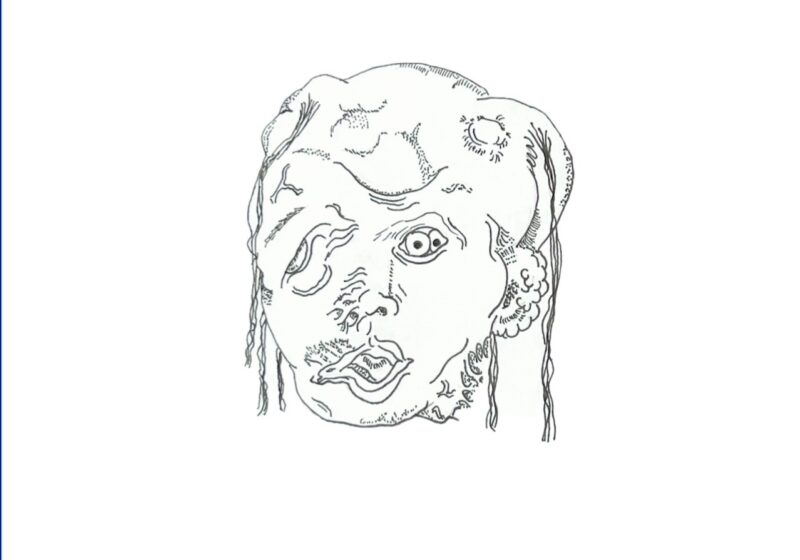Have you ever noticed how, in Rochester, it’s always gray? OK, of course you’ve noticed – you live here from September to May. After Seattle, Rochester is considered the second grayest city in the nation, and anyone who has spent any amount of time here knows why.
For some, the gray skies and cloudy days are simply a part of the home they love. For others, the lack of natural sunlight becomes a significant hindrance to their ability to function as they desire, and over time many of these individuals settle into what we commonly refer to as a “seasonal depression” or, more plainly, the “winter blues.”
Seasonal depression affects an estimated 14 percent of the American population. Caused by a biochemical imbalance in the hypothalamus due to the shortening of daylight hours and the lack of sunlight in winter, for many people, seasonal depression is a serious, disabling illness.
Coupled with the stress of finals, holidays and increased travel, December can be a difficult month for any college student, let alone one affected by Rochester’s gray skies. But never fear – help is on the way!
Although we can’t control the weather, the winter blues is a treatable, controllable condition. Read on for a list of common symptoms, as well as ways you can make these dark months more tolerable for you and your friends.
The symptoms of seasonal depression usually recur regularly each winter, typically starting sometime between September and November and continuing until March or April. Each individual is different, and therefore treatment needs to be catered to the individual’s needs.
Finally, please remember that if you or your friend’s symptoms seem unusually severe, encourage him/her to seek help from a physician. Light box therapy has been effective in helping approximately 85 percent of patients, not to mention professional counseling and mild anti-depressants, and there is no reason that you or someone you love should have to suffer through these winter months in silence.
Newman works in the Health Promotion Office of the University Health Service and can be reached at jnewman@campustimes.org.




